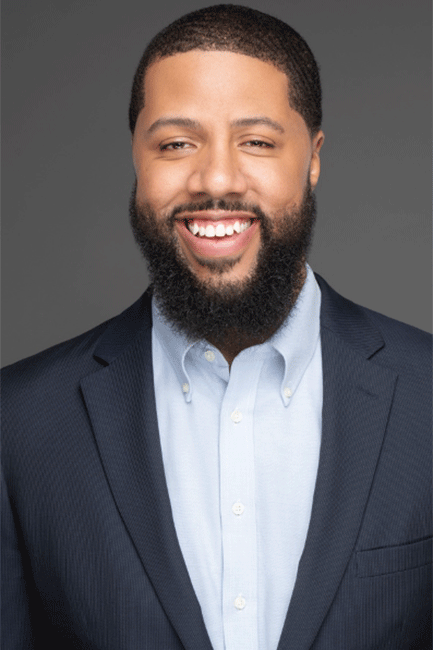The Power of Rural Education Partnerships
At the 2025 Rural Community College Alliance (RCCA) Annual Conference in Union, Missouri, Western Governors University (WGU) and RCCA formally launched a new partnership with a signing ceremony and panel discussion. The agreement opens pathways for students and employees across nearly 80 rural colleges, ensuring they can continue their education without leaving their communities.
The panel, Enhancing Rural Community Growth: How WGU’s Partnerships Empower Rural Students to Stay Local, Learn Local, and Grow Within Their Communities, featured WGU leaders alongside partners from the College of Southern Idaho and East Central College. Their conversation highlighted the promise of this new collaboration and featured WGU alumnus and East Central College Program Director Valerie Norwood, whose journey illustrates exactly what this partnership is designed to achieve.
From 2 a.m. Study Sessions to Leading a Rural Program
The impact of this work is best seen through alumni like Valerie Norwood. Valerie has been a respiratory care practitioner for nearly 25 years, serving in intensive care units, pediatrics and rural hospitals across the country. Her first spark came as a teenager when a respiratory therapist explained her great-grandmother’s ventilator.
“That moment opened my eyes to a whole profession I hadn’t known existed — and I knew I could do that work,” she said.
Years later, while working full-time in a rural Washington hospital, Valerie was encouraged into leadership. She knew she needed a broader education but traditional programs weren’t feasible.
“I wanted to better myself and support my community, but I couldn’t step away from my job,” she said. “WGU fit my life. I got up at 2 a.m. every day for two years to earn my MBA. That was the only time my house was quiet, and my mind was clear.”
WGU’s competency-based model let her accelerate in areas she knew while diving deeper into finance and administration, skills she credits with making her a stronger advocate for patients and staff.
Building Pathways for Others
Today, Valerie directs the new Respiratory Care Program for the Missouri Health Professions Consortium. The program unites five community colleges to offer online coursework, local labs, and clinical placements close to home.
“Our first class of ten students comes from across Missouri. The design lets them stay where they live, complete their training, and then work in the hospitals that need them most. It’s about building opportunity without forcing students to leave their communities.”
Her hope is that graduates will maintain their local clinical ties, easing critical workforce shortages in rural Missouri while improving access to care.
Leadership, Mentorship, and Paying It Forward
Valerie’s philosophy is simple: treat people well and they’ll pass it on.
“Whether you’re a manager, a student, or a clinician, it all comes down to how you treat people,” she said. “WGU’s mentoring model taught me that, and I see it in my own mentors who pushed me into leadership. Now I try to be that person for my students and colleagues.”
She continues to mentor former colleagues now leading respiratory departments of their own. And she reminds her students that opportunity rarely arrives at the “perfect time.”
“If you want to do it, jump in. WGU gave me the tools to better myself and, in turn, serve my community,” she said. “Now I get to help my students do the same for theirs.”
Looking Ahead
The RCCA-WGU signing ceremony and panel underscored the importance of partnerships that meet rural learners where they are. Valerie’s story demonstrates the results: when education is flexible, affordable, and accessible, students don’t just change their own lives, they strengthen the communities around them.
For rural America, staying local, learning local and growing local isn’t just a slogan. It’s a strategy for resilience. And with WGU and RCCA working together, it’s a future within reach for millions more learners.


